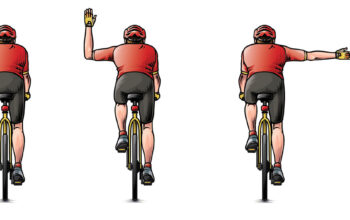Holistic medicine is the art and science of healing that addresses the whole person – body, mind and spirit.
The practice of holistic medicine integrates conventional and alternative therapies to prevent and treat disease, and most importantly, to promote optimal health. This condition of holistic health is defined as the unlimited and unimpeded free flow of life force energy through body, mind and spirit.
Holistic medicine encompasses all safe and appropriate modalities of diagnosis and treatment. It includes analysis of physical, nutritional, environmental, emotional, spiritual and lifestyle elements. Holistic medicine focuses upon patient education and participation in the healing process.
The Principles of Holistic Medicine
Holistic physicians embrace a variety of safe, effective options in the diagnosis and treatment, including:
a) education for lifestyle changes and self care
b) complementary alternatives
c) conventional drugs and surgery
2) Searching for the underlying causes of disease is preferable to treating symptoms alone.
Holistic physicians expend as much effort in establishing what kind of patient has a disease as they do in establishing what kind of disease a patient has.
Prevention is preferable to treatment and is usually more cost-effective; the most cost-effective approach evokes the patient’s own innate healing capabilities.
Illness is viewed as a manifestation of a dysfunction of the whole person, not as an isolated event.
The American Holistic Health Association, ahha.org




